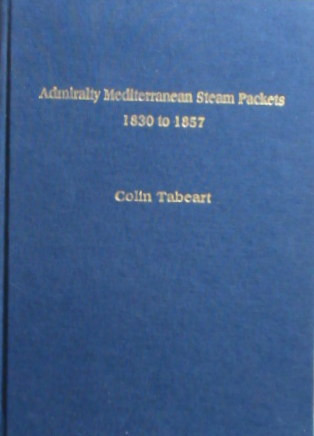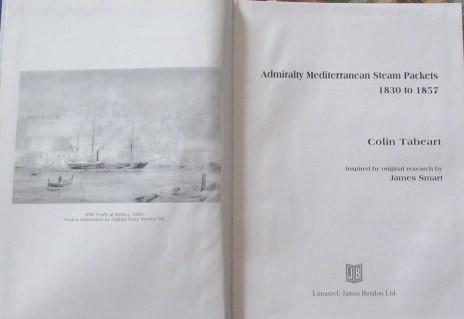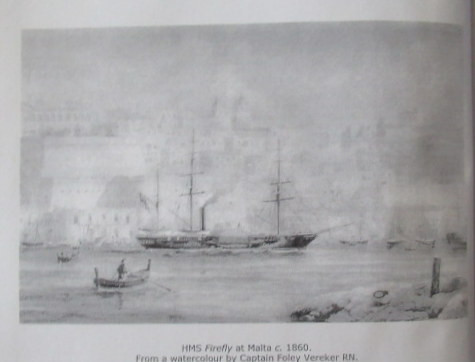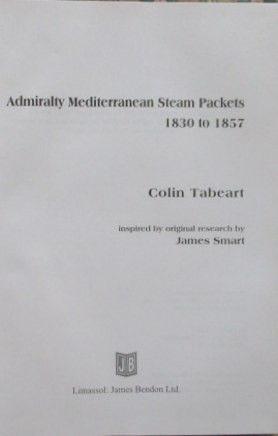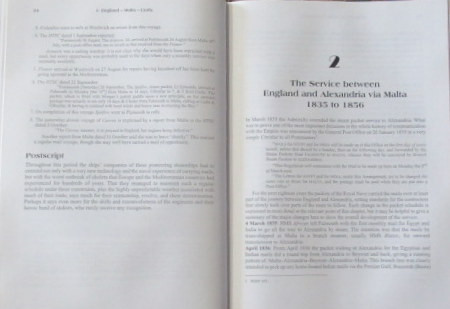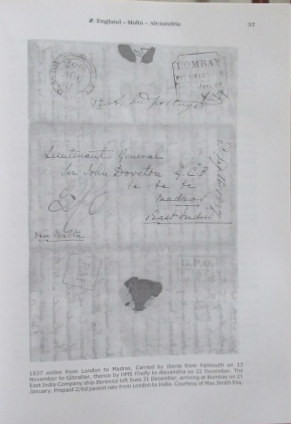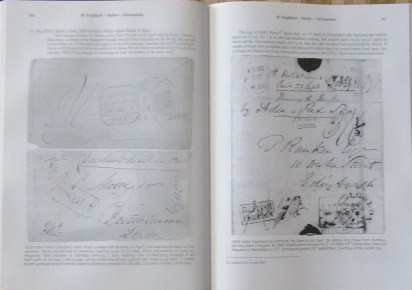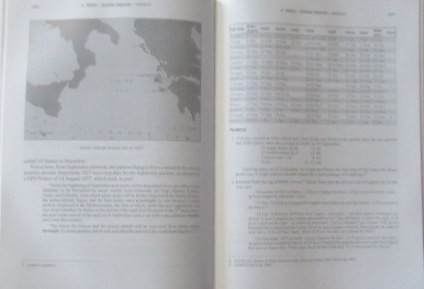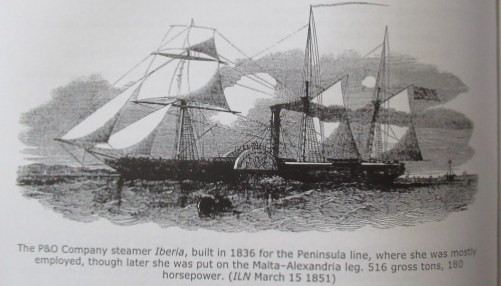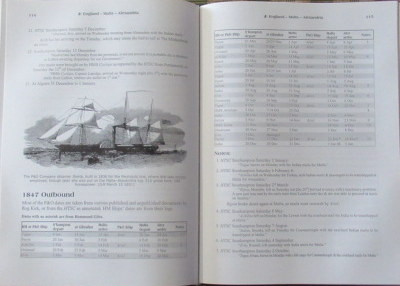Hardback,navy blue boards with gilt blocking to upper board, and spine. Inspired by original research by James Smart.
Contrary to the belief often heard that the Royal Navy was opposed to steam. the Admiralty was a prime innovator with the new form of propulsion, and by the end of the 1820s the Royal Navy had the largest steam fleet in the world. The steam packet service that was set up by the Admiralty in 1830 ran from England to the Eastern Mediterranean, with Malta as its hub. The distances covered were huge, and the seas crossed were capable of producing some of the vilest weather anywhere in the world, certainly no place for makeshift vessels. No other country could have mounted such an operation at the time, and no other agency in England had the ships or expertise to do it either.
It is worth noting that, when larger steam ships were built in the late 1830s for the transatlantic route, their Commanders were often Royal Navy officers on loan. It is also interesting that I K. Brunel, one of foremost ship designers of his day, was an advisor to the Admiralty Board on screw propulsion, adopted by the Admiralty in the late 1840s and early 1850s, much earlier than most of the commercial lines. The "anti-steam" myth probably arose in the 3rd quarter of the 19th century when cleanliness-conscious Commanders, whose promotion prospects in a peacetime Navy could depend on a spotless ship, hated the filth that arose from coaling ships and the soot given off by relatively primitive boilers. Wherever possible, the steam assisted sailing warships of later era proceeded under sail to reduce dirt and, it must be said, expensive.
The Admiralty took over operation of the Falmouth packet service in 1823, at that time consisting solely of sailing brigs, and from then dictated the terms of packet contracts whilst the collection, making up, and distribution of mails remained with the Post Office. In 1830 the service from Falmouth to the Mediterranean was converted to steam-no private contractor being capable of operating it, the ships used were naval steam vessels. The Mediterranean was the most important naval area for Britain in the 19th century before Germany started to build the fleet that switched the centre of naval gravity to the North Sea. Potential aggressors, especially France, could be watched closely, the Russian exit via the Dardanelles could be guarded, and above all the route to India protected. The Mediterranean Fleet was the biggest in commission throughout much of the 19th century, and part of the purpose of the new packet system was undoubtedly to permit despatches and orders to be exchanged in the shortest possible time between London and the Commander-in-Chief. In the words of Francis Freeling in a Minute to the Postmaster General on 29th March 1830, quoted in Chapter 1 in full "...but as this packet is more especially than any other of the purposes of HM Government, the Merchants availing their letters but in a trifling degree of such a conveyance, when they have the more expeditious route to France to resort to"....Nevertheless, once the Royal Navy had demonstrated the speed and reliability of the new steam service, it came to be used more and more by merchants and writing public......etc.
Half Title, Colour Frontispiece, Title, Dedication, Contents, Preface, Acknowledgements, Abbreviations. References, and Technical Terms. xvi plus 278 pages text, with supporting illustrations, examples, images and tables etc.
Fine
ISBN 9963 579 86 8
- Jacket Condition: As Published- Fine
- Binding Condition: Hardback- Fine
- Overall Condition: Fine
- Size: 24.5 X 17.5cm
- Sold By: Quathlamba Winds Books
- Contact Person: Ian & Yvonne Halford
- Country: United Kingdom
- Email: [email protected]
- Telephone: 01743 361772
- Preferred Payment Methods: Paypal-Cheques-Direct Transfer to UK Bank.
- Trade Associations: SABDA


